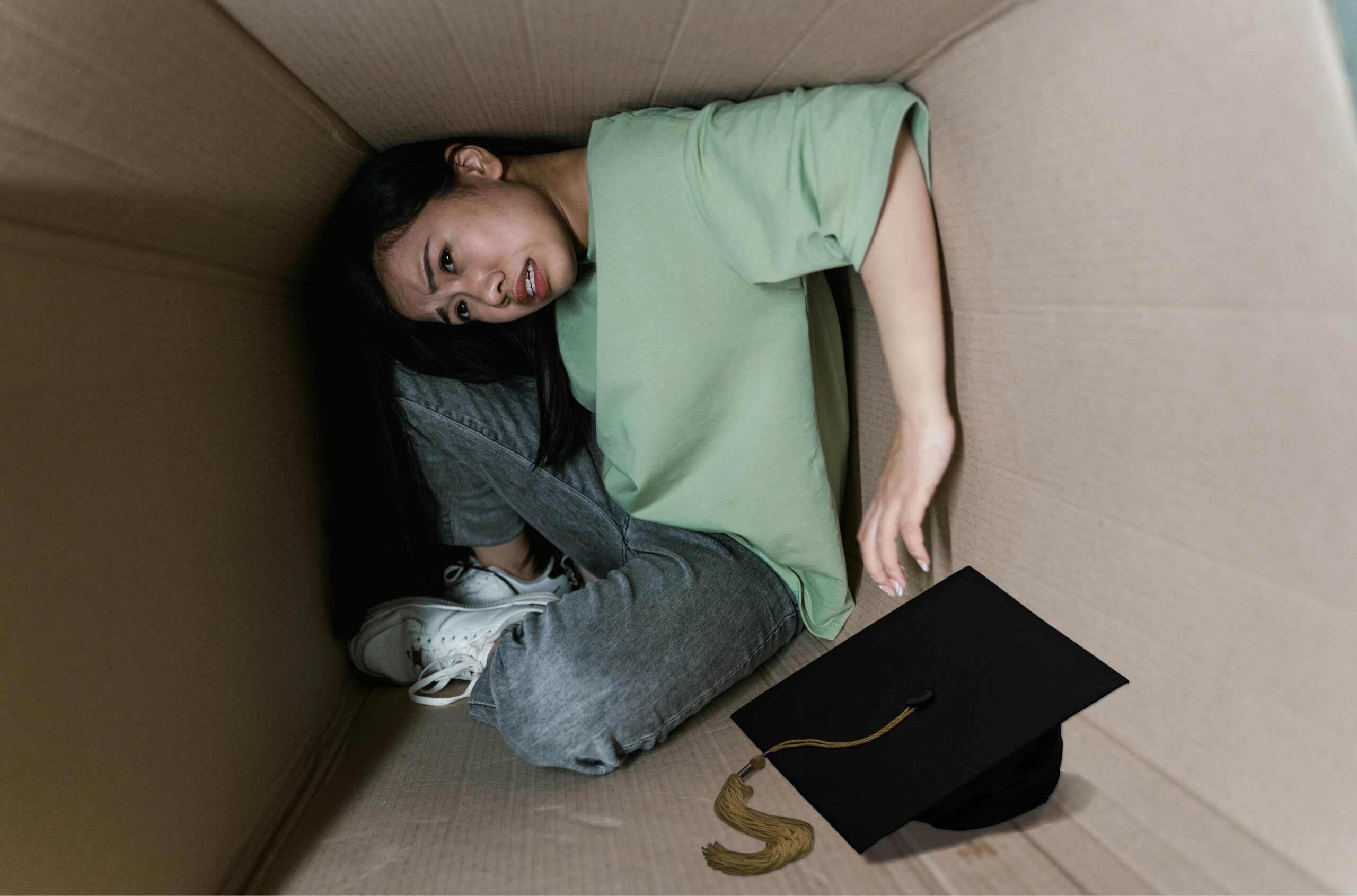Staying in touch after retirement
Academic retirees should find the “optimal leisure lifestyle” that works for them.

Not all professors who retire from their employment are eager to retain contact with it. Some of them may find full- or part-time work more or less unrelated to their earlier remunerated career. Others may establish a leisure lifestyle, possibly revolving around family and grandchildren or consisting of miscellaneous casual activities (e.g., coffee-shop conversations, light entertainment offerings, sports matches, casual volunteering). More rarely, these retirees devote themselves primarily to skilled or knowledge-based leisure like art, music, certain kinds of fishing and hunting, hobbies (e.g., crafts, collecting, fulfilling reading, skiing, gardening), and experience-based volunteering (e.g., serving on a board of directors, coaching children’s sports, maintaining hiking trails, preparing meals for Meals on Wheels).
However, some retirees want to embellish their free time with university or college involvements that continue to be attractive to them. The question is: how to learn about them. Assuming you are interested, you can sign up to departmental and faculty mailing lists announcing relevant events, which can include special lectures, arts and sports events, social gatherings, as well as conferences and workshops. In large cities there are often other institutions of higher education with identical or similar departments and faculties maintaining their own lists. It may be worthwhile joining some of these as well.
If you miss teaching, one way to generate some limited opportunities is to develop a short CV centered on your areas of expertise. Send this document to the colleges and universities reasonably accessible from your home that offer related courses. Indicate in the cover letter that you have a passion for teaching and be sure to include your teaching record.
More informally, create your own list of colleagues with whom you want to maintain contact over the coming years. Full-time work for faculty in higher education is hectic enough to hinder interesting social relations with most colleagues. Class preparation, lecture and examination schedules, committee work, student advising, and more combine to reduce those relations to superficial fleeting exchanges in campus hallways, elevators and walkways. But, with retirement, opportunities for deeper involvements emerge. Gatherings at bars, coffee shops, and restaurants appear to be the most common of these.
In short, search for an “optimal leisure lifestyle” (OLL), wherein people strive to get the best return possible from the use of their free time. What is “best” is, of course, a personal definition, and quality of OLL turns, in part, on a person’s awareness of at least some of the great range of potentially available leisure possibilities. Thus, people know they have an OLL when, from their own reasonably wide knowledge of feasible serious, casual, and project-based leisure activities and associated costs and rewards, they believe they have enhanced their well-being by finding their best combination in two or all of these three forms.
Robert A. Stebbins is a professor emeritus in the department of sociology and serious leisure specialist at the University of Calgary. He is also a fellow of the Royal Society of Canada.
The College and University Retirees Associations of Canada/Associations des retraités des universités et collèges du Canada (CURAC/ARUCC) is a not-for-profit federation of retiree associations at colleges and universities across Canada, operated by a volunteer board of directors. Further information, including a listing of member RAs, is available at www.curac.ca or from [email protected]. The two university professors emeriti who are co-directors for the CURAC/ARUCC University Affairs column are Carole-Lynne Le Navenec and Fred Fletcher.
Featured Jobs
- Veterinary Medicine - Faculty Position (Large Animal Internal Medicine) University of Saskatchewan
- Psychology - Assistant Professor (Speech-Language Pathology)University of Victoria
- Business – Lecturer or Assistant Professor, 2-year term (Strategic Management) McMaster University
- Education - (2) Assistant or Associate Professors, Teaching Scholars (Educational Leadership)Western University
- Canada Excellence Research Chair in Computational Social Science, AI, and Democracy (Associate or Full Professor)McGill University















Post a comment
University Affairs moderates all comments according to the following guidelines. If approved, comments generally appear within one business day. We may republish particularly insightful remarks in our print edition or elsewhere.